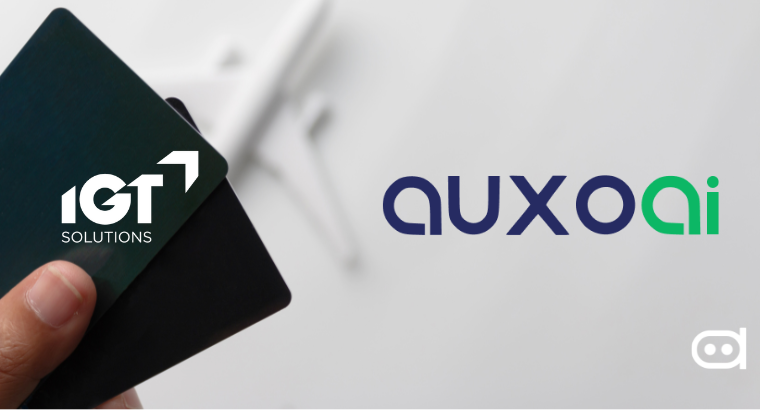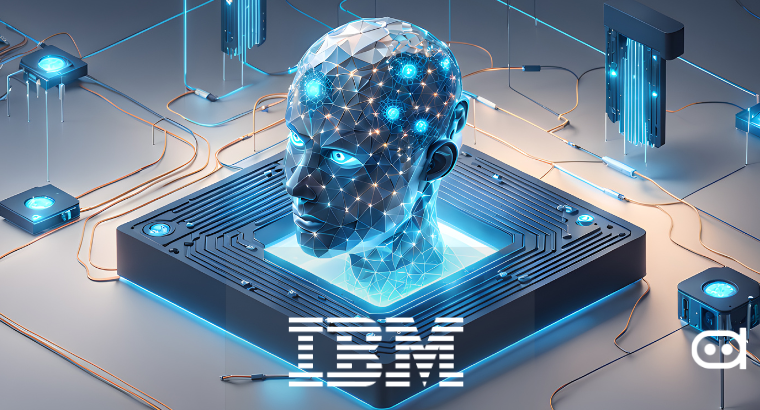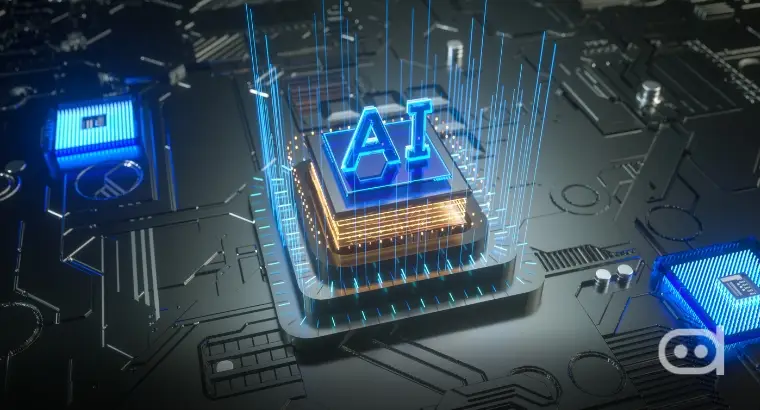
In this edition of Weekly AI News Round Up, we focus on some of the most important companies in the AI transformation right now: NVIDIA, OpenAI, and Meta. With a whopping 40% performance hike, NVIDIA’s freshest graphics processing unit (GPU) is changing the hardware industry. At the same time, OpenAI’s latest model achieves state-of-the-art accuracy, proving that species of generative AI can reach the best possible accuracy. To know more, read on:-
1. Antitrust Inquiries of Nvidia, Microsoft, and OpenAI given green light by U.S. Regulators
The United States Justice Department and the Federal Trade Commission (FTC) have reached an agreement to investigate three heavyweights in the artificial intelligence industry: Microsoft, OpenAI, and Nvidia. The Justice Department will investigate Nvidia for potential antitrust violations or lack thereof, and the FTC will probe OpenAI’s conduct and Microsoft’s investments in it. The deal signals deepening attention on AI and reassesses its contribution and impact on workers and society.
2. Zuckerberg Reveals Big AI and WhatsApp Business Updates at Meta’s Conversations 2024
Mark Zuckerberg, the CEO of Meta, revealed exciting progress in artificial intelligence and introduced new features for WhatsApp Business during Meta’s Conversations 2024 event. The Meta AI, driven by the innovative Llama 3 model, is set to launch in Portuguese and various other languages, enabling a broader audience to engage with virtual assistants within the app.
Zuckerberg envisions a future where businesses harness AI capabilities to engage with customers on a more individual level. They are currently testing AI-driven business agents in India and Singapore before expanding operations to Brazil. Additionally, updates such as Meta Verified for WhatsApp aim to enhance credibility and trust among customers, while the introduction of voice calls seeks to facilitate more personalized interactions.
3. OpenAI and Google DeepMind Employees Concerned with AI Risks
Current and former employees of OpenAI and Google’s DeepMind issued an open letter warning about the potential risks associated with the AI sector. The letter highlighted the absence of adequate safety protocols within the AI field, primarily addressing the “right to issue warnings about artificial intelligence.” It also highlighted that AI businesses had extensive knowledge about the capabilities and limitations of AI systems yet chose not to disclose this information publicly. Furthermore, despite the requirement for AI businesses to exclusively share information with governments, the current mechanisms are inadequate, the letter stated.
4. Intel Presents Lunar Lake AI PC CPU, Xeon 6 and Gaudi 3 AI accelerator at Computex 2024
Intel has launched the next generation of its Xeon server processors to win back the 5.6 percentage points of data center market share it has lost this year. That means a 76.4 share for the company vs 23.6 in favor of AMD in the overall x86 market. The 6 in the Xeon 6 server processors refers to the number of cores, and it comes in either a higher-performance model or an “efficiency” model. The efficiency model is 67% smaller than the server racks in the performance piece, while the design of the latter is for Power 10* with complex AI models. Intel has plans to release more flavors next year.
5. New Data Center Chips Pit Intel Against AMD
This week, Intel launched its next-gen Xeon server under pressure to reclaim the market share for data centers, while Advanced Micro Devices (AMD) grew by 23.6%. Intel’s x86 data center market share fell by 5.6 percentage points to 76.4% over the course of the last year, while AMD took 23.6%. Price-to-CPU Comparing: Gaudi 3 Artificial Intelligence Accelerator Chip vs. Intel ChipIntel’s sixth-generation Xeon chips will play an extremely important role in the market and will be lower than the price of Gaudi 3 artificial intelligence accelerator chips.
As we wrap up analyzing this week’s events shaping the field of artificial intelligence, Intel’s Lunar Lake processor, designed specifically for AI workloads, stands as evidence of the exponential growth in the hardware industry. Further, OpenAI and DeepMind employees highlight the valid concerns about rapid technological progress that may give rise to unintended consequences.
These parallel developments exemplify the dual-edged nature of scientific progress within the domain of AI—with each technical breakthrough arriving hand in hand with deep philosophical questions regarding its social implications that deserve to be addressed. This is why joining the AI conversation is so crucial.






